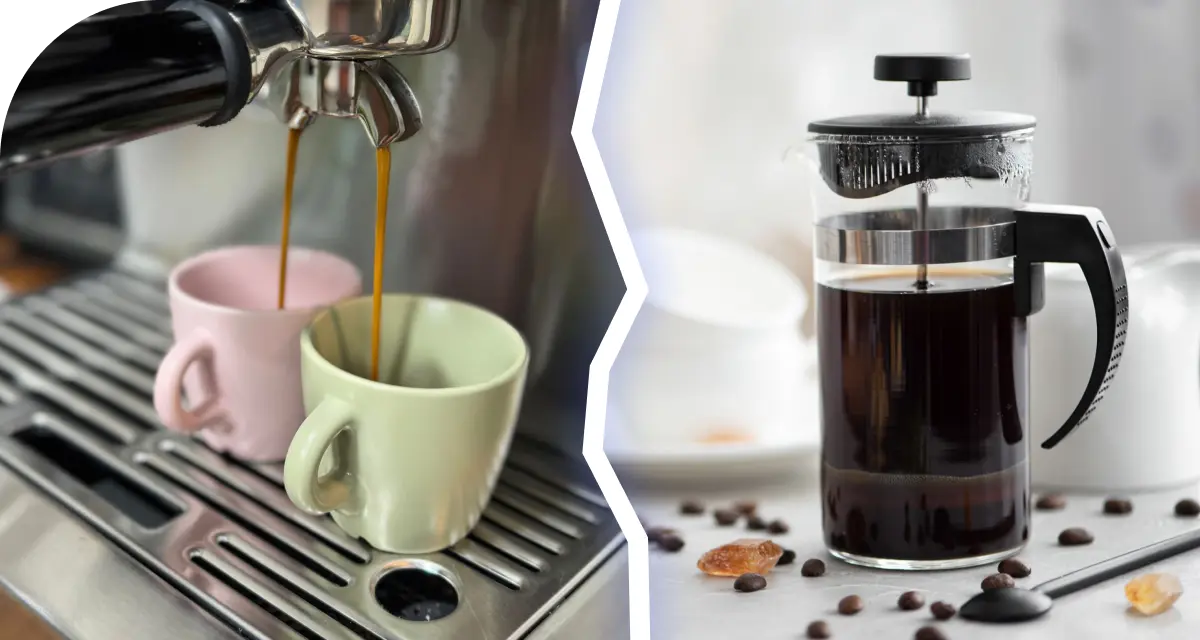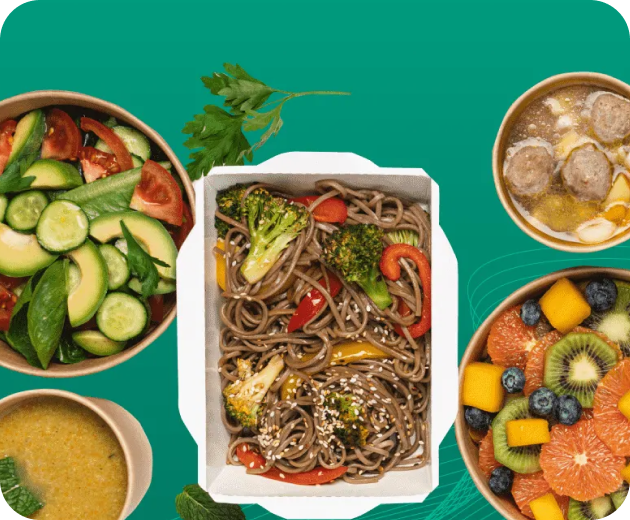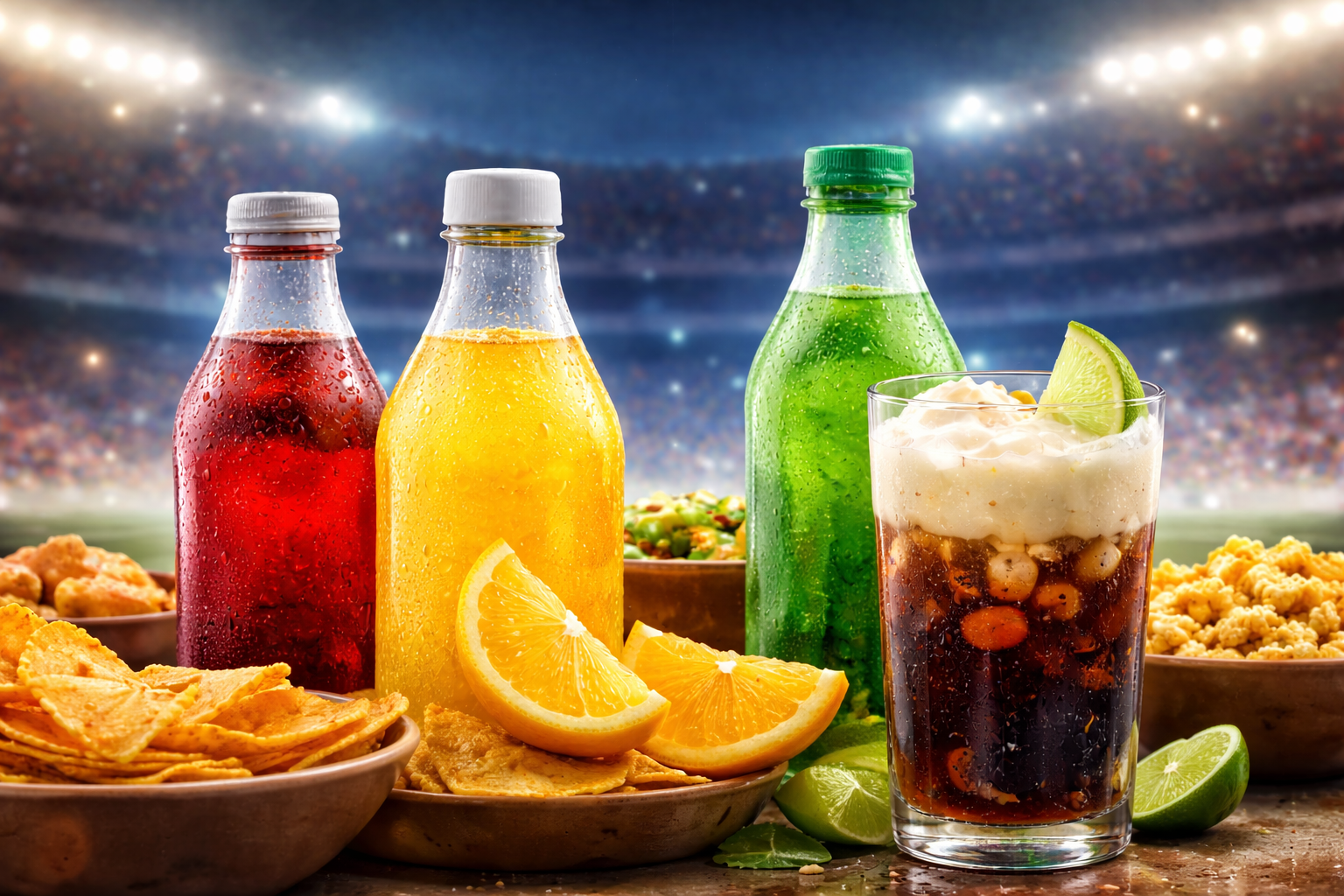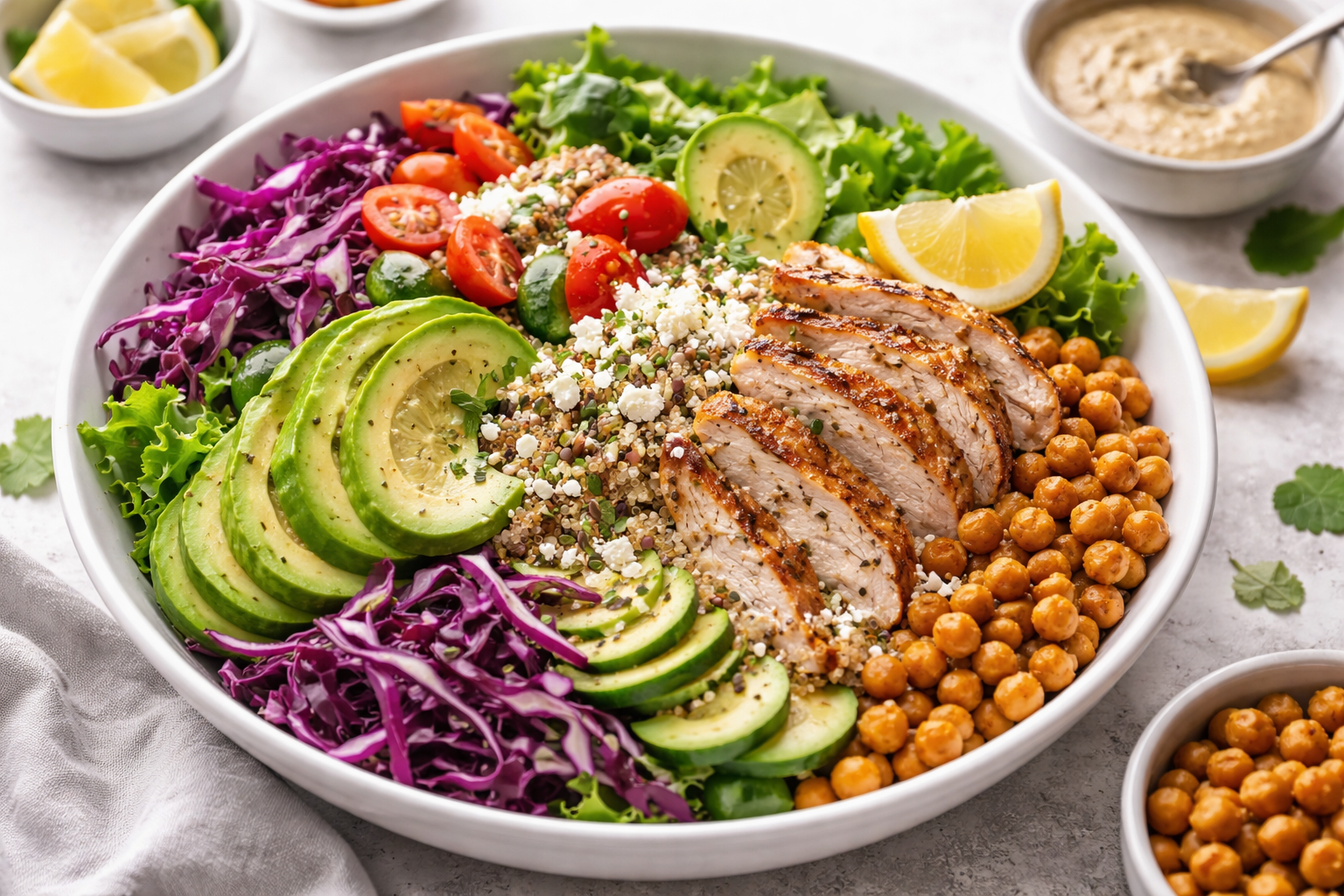Americano vs Coffee: Understanding the Difference and Latest Trends
Coffee lovers often find themselves pondering the differences between an Americano and a regular coffee.
While both are beloved beverages, they each offer unique flavors, brewing methods, and cultural significance.
This article dives into the Americano vs coffee debate, breaking down what sets them apart and exploring the latest trends shaping how we enjoy these timeless coffee drinks.
What is an Americano?

The history of Americano coffee is deeply intertwined with World War II when American soldiers stationed in Italy found espresso too strong. As an espresso drink, the Americano offers a milder alternative to straight shots while preserving the depth of flavor espresso is known for.
To create a taste closer to the brewed coffee they were accustomed to, they began diluting espresso with hot water.
The result was the Caffè Americano, a smoother drink yet robust espresso-based coffee drink.
Different variations of Americanos have emerged, such as adding a splash of milk or customizing the strength of espresso shots, including the occasional double shot.
The Americano has also become a popular base for other drinks like the Caffe Misto, which combines equal parts coffee and steamed milk. This combination of coffee and Americano styles has gained traction in many coffee shops.
The term “American coffee” is sometimes used interchangeably with Americano.
How it’s made
An Americano is espresso mixed with water. It consists of one to two shots of espresso with 3 to 5 ounces of hot water added. A single shot of espresso typically contains about 63 mg of caffeine and serves as the base for many popular coffee drinks. Variations include:
- Short Americano – A 1:1 espresso-to-water ratio for a bolder taste.
- Iced Americano – Hot water is replaced with cold water and ice for a refreshing twist. While similar in appearance, an Iced Americano differs from traditional iced coffee, which is typically brewed hot and then chilled.
You can easily make an Americano at home with a good espresso machine. Making an Americano at your favorite coffee shop also offers room for creative flavor experimentation.
Some people pour water over coffee, while others reverse the process to preserve a delicate layer of foam on top.
What is black coffee?
Black coffee, unlike an Americano, is brewed using various types of coffee methods such as drip coffee machines, French press, pour-over (e.g., Chemex, V60), and cold brew. The roast level, whether light, medium, or dark, can significantly influence both the flavor and caffeine content of your coffee.
The process extracts flavors differently than an espresso shot, typically resulting in a less bitter and smoother drink. Espresso is made by forcing hot water through finely ground coffee under high pressure, resulting in a rich, concentrated shot.
Additionally, black coffee tends to have less acidity, especially when prepared using slower extraction styles like the French press or cold brew.
How it’s made
Making black coffee starts with freshly ground coffee beans. The type of beans and roast, whether light or dark, along with the brewing technique, greatly affect the flavor.
Once ground, the beans are placed in a filter, and hot water and coffee interact as the water pours over. This action helps give the coffee its body and nuanced character.
Americano vs coffee: key differences
| Feature | Americano | Black Coffee |
| Brewing Technique | Espresso + hot water | Drip, French press, or pour-over |
| Caffeine Content | ~77-150mg per 8 oz* | ~95-200mg per 8 oz* |
| Calories | 5 (without additives) | 2-5 (without additives) |
| Taste | Smooth, slightly bitter, mild espresso notes | Rich, full-bodied, varies by method |
| Crema | None (diluted) | Present in French press |
*Varies by bean type and method.
The traditional Americano is made by combining espresso and hot water, creating a balanced flavor that’s less intense than a straight shot. While both are coffee drinks, their preparation styles set them apart. The bold intensity of espresso defines an Americano, while drip and immersion brewing give black coffee its fuller-bodied character.
The difference between espresso trends and brewed coffee lies in pressure, grind, and concentration.
Key growth drivers
The global coffee market is set to reach $473.10 billion by 2025, driven by changing consumer preferences and emerging coffee cultures around the world.
At-home consumption will account for $96.45 billion, while the out-of-home segment will lead with $376.70 billion in revenue.
The market is expected to grow at a 5.4% CAGR through 2033, reflecting strong demand for specialty coffee and convenience.
- Gen Z is embracing coffee as a daily lifestyle habit.
- Specialty coffee demand is rising, especially for high-quality, sustainably sourced beans.
- Coffee markets are expanding in Asia-Pacific, Eastern Europe, and the Middle East, with Western coffee culture gaining traction.
Espresso machines are now found in more households, reflecting this shift. Coffee markets are expanding in Asia-Pacific, Eastern Europe, and the Middle East, with Western coffee culture gaining traction.
Challenges like supply chain disruptions and geopolitical issues persist, but rising demand for ethical, sustainable coffee presents new opportunities for brands.
Coffee trends shaping the future
The latest coffee trends reveal how innovation, health-conscious choices, and sustainability are driving change in the industry.
Brands are tapping into functional ingredients, customization, and eco-conscious sourcing to meet consumer demand.
1. Instant coffee trends: quality and convenience
Once associated with inferior taste, instant coffee is transforming. Premium options now feature single-origin beans, freeze-drying technology, and specialty-grade blends that rival fresh brews.
2. Americano trends: customization and varieties
- Iced Americano is surging in popularity, particularly among younger consumers who prioritize personalization and visual appeal.
- Coffee shops are introducing flavored Americanos, incorporating notes of caramel, vanilla, and hazelnut to cater to evolving preferences.
3. Espresso trends: functional ingredients and sustainability
- Mushroom-infused espresso is gaining traction, aligning with the broader shift toward functional beverages.
- This trend was a major highlight at Expo West 2025, where brands showcased adaptogenic and health-boosting coffee innovations.
4. Black coffee trends: brewing innovations
- Black coffee trends are also shifting towards different brew innovations, with a focus on sustainability and convenience.
How coffee brands can make the most of LTOs
Limited Time Offers are becoming a staple in the coffee shop playbook. From a peppermint mocha brew to a clarified black coffee variant, using espresso beans in innovative formats supports standout LTOs.
Health-forward spins like collagen-infused black coffee or a functional Americano help brands differentiate. Highlighting these innovations with the right coffee machine setup can make all the difference.
Tastewise’s LTO playbook is here.
Which is better: Americano or black coffee?
When comparing an Americano and regular coffee, the key distinction lies in their techniques and flavor intensity. So it comes down to your taste:
- Prefer a balanced, less bitter flavor with espresso notes? Choose an Americano.
- Crave complexity and full-bodied aromas? Go for black coffee.
- Some may choose based on flavor; others go by the mg of caffeine per cup or even how the foam on top looks in a glass.
Whether you’re pouring water over coffee for your morning ritual or prepping a long black with your favorite machine, both beverages offer rich experiences depending on your technique and mood.
Americano?
If you prefer a smoother, espresso-based drink with a milder flavor, an Americano is the way to go. Made by adding hot water to a shot (or two) of espresso, it offers a balanced and less intense espresso experience, perfect for those who enjoy a lighter coffee without compromising on taste.
Black coffee?
If you enjoy a full-bodied, aromatic cup with a richer and more complex flavor profile, traditional black coffee is the better choice. Brewed through methods like drip, pour-over, or French press, it retains the natural oils and characteristics of the espresso beans, depending on your grind and roast.
FAQs about Americano vs Coffee
Not quite. Though both are black coffee, the difference between espresso and traditional brewing techniques like French press creates distinct outcomes. An Americano is espresso diluted with hot water, whereas black coffee comes from a slower extraction process.
With zero calories and antioxidants, a black Americano made from quality espresso beans can be a healthy choice, especially when consumed without syrups or cream.
Depends. A standard coffee drink may have more mg of caffeine than a single espresso shot, but a double shot Americano could surpass that. Intensity of flavor? That still goes to the Americano.




